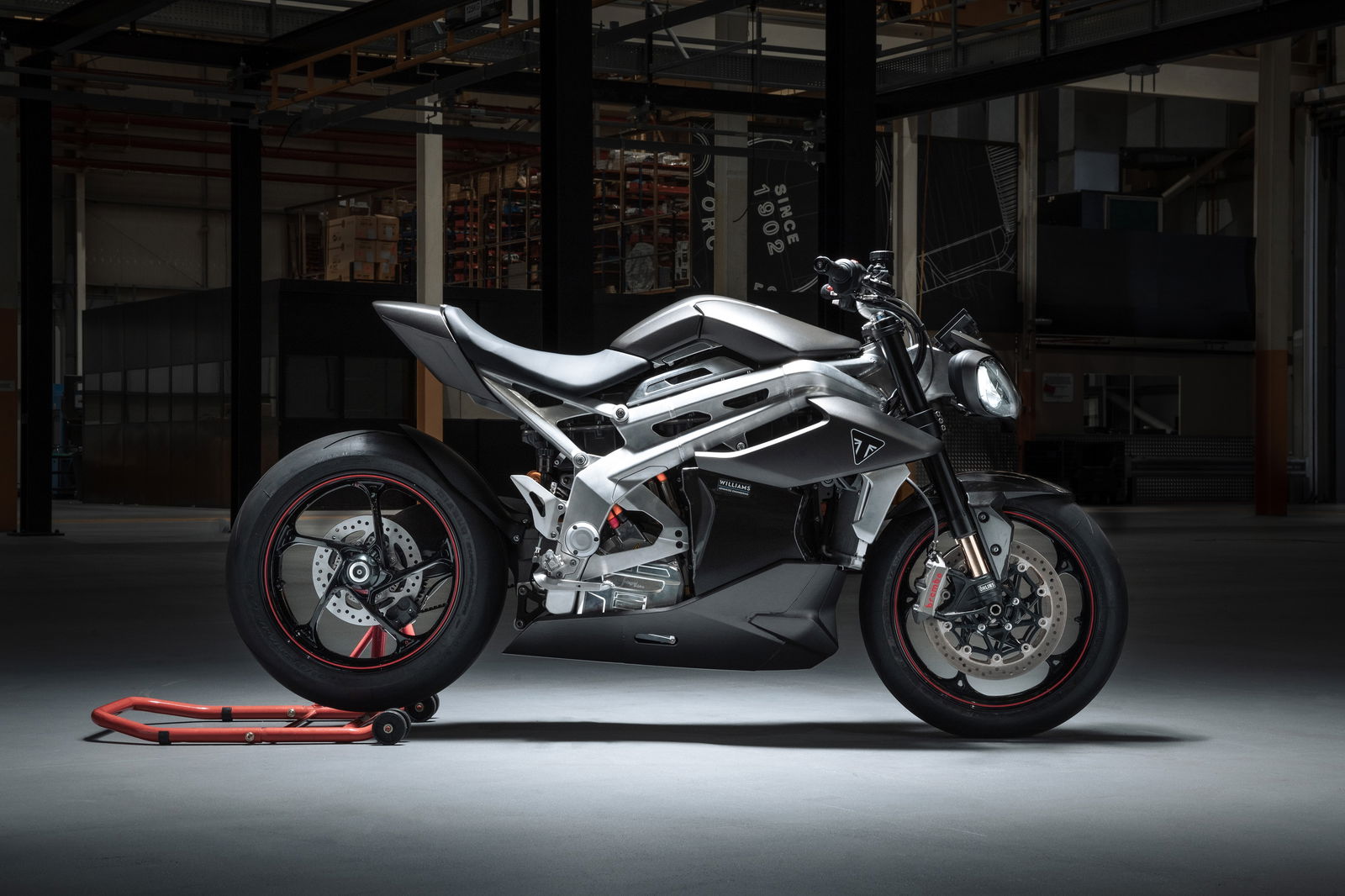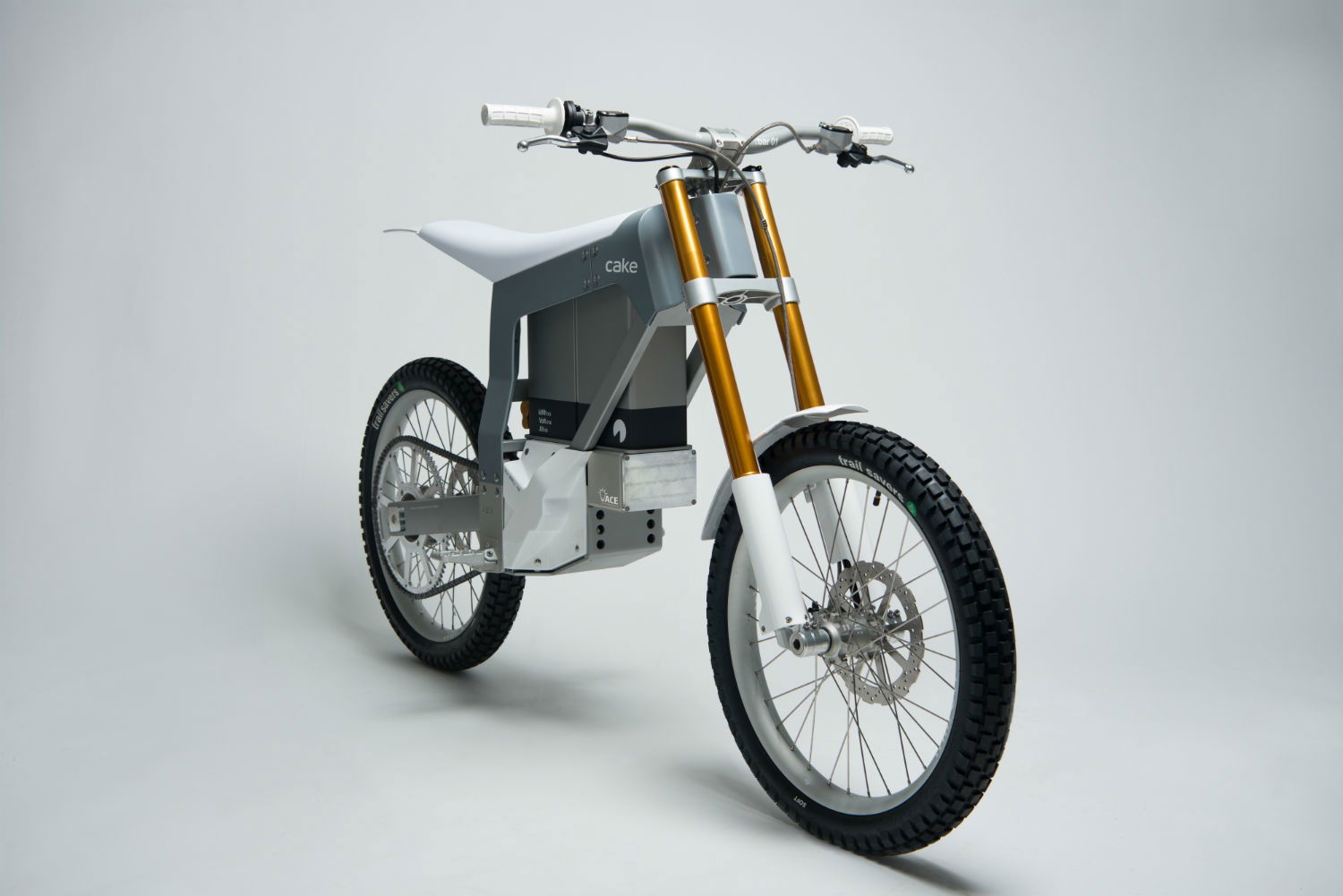Somerset Gets Europe’s Biggest Gigafactory for Motorcycle Batteries
At a time when the EV market is struggling, it’s been announced that Tata is to build a huge battery factory in the UK that will cater for two and four-wheeled vehicles

The electric bubble, for two-wheelers anyway, doesn’t seem to be quite as strong as it was, with EV sales slowing in 2023 compared to previous years. Four-wheeled EV sales are stronger, but growth has shown signs of slowing in certain months of 2023.
That doesn't seem to be putting off automotive maker Tata though, which, alongside the British Government, has announced that a new Gigafactory is set to be opened in England. It’s also worth noting that the EV market for both bikes and cars my in flux currently, but that’s quite possibly not how it always will be. So, where will the batteries go?
There should be enough of an appetite from JLR (formerly Jaguar Land Rover) for four-wheel EV batteries to keep the lights on, and with Mini producing EVs at Plant Oxford, the demand should be enough. But with the plant set to build batteries for both two and four-wheeled EVs, it’s unclear where those motorcycle batteries are going to end up.
To make domestic battery production financially worthwhile for the motorcycle industry, demand for electric bikes will need to increase significantly. Given the dwindling sales for larger electric bikes at the moment, we’re some way off this.

Currently, the only large-scale motorcycle makers in the UK that could use them are Triumph (which still produces a number of bikes at the Hinckley factory) and Norton, neither of which yet has an electric model in its line-ups. Triumph has, of course, put some groundwork in on an electric machine, the now shelved TE-1 project, but with the electric motorcycle market struggling, it’s hard to predict where the sector will go in the next few years. Maeving, which makes its RM1 and RM1S in Coventry, might also be able to take advantage of domestic battery production.
.jpg?width=1600)
Other motorcycle makers are much further down the road to electrification, with Honda, Yamaha, Kawasaki, and more, all in more advanced stages of producing a full electric or hybrid model - Kawasaki debuted its first electric models last year in the form of the E-1 and Z E-1. But the bikes from all those brands will be produced overseas and thus use more local sources of battery production.
The new £4b Gigafactory is set to be built near Bridgewater Somerset and will begin being constructed in 2026, before reaching full capacity in the 2030s, by which point the electric vehicle market may have shifted away from its current struggles. The project is said to be creating around 4,000 jobs in the area.
.jpg?width=1600)

